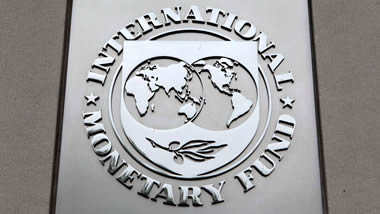
ECONOMY: COMPLETE CASH TRANSFERS TO VULNERABLE NIGERIANS, IMF TELLS FG
In light of ongoing economic changes, the International Monetary Fund has urged the federal government to speed the implementation of its cash transfer program to assist poor households, identifying it as a critical priority.
During a press briefing on Thursday, Julie Kozack, the director of the IMF’s communications department, made the call.
Although the Fund applauded Nigeria’s recent attempts to stabilize its economy and spur growth, she said it was crucial that these policies be backed by safeguards for the nation’s poorest residents.
He said, “We do recognise the extremely difficult situation that many Nigerians face.
“For that reason, I just want to emphasise that completing the rollout of cash transfers to vulnerable households is an important priority for Nigeria, as is improving revenue mobilisation domestically.”
Kozack confirmed that the IMF’s First Deputy Managing Director, Gita Gopinath, who had visited Nigeria earlier in March and met with key officials, including the Minister of Finance, Wale Edun, and the Governor of the Central Bank of Nigeria, Yemi Cardoso.
Gopinath also engaged with civil society groups, private sector stakeholders, and students at the University of Lagos during her two-day visit to Abuja and Lagos.
In order to prepare for the 2025 Article IV Consultation, a recurring evaluation of Nigeria’s financial and economic policies, she also mentioned that IMF personnel will be returning to the country the next week.
She said that after the team’s mission is over, more information about Nigeria will likely be released.
Given the rise in poverty and food insecurity, the IMF recommended last year that Nigeria expand its cash transfer program to rural areas.
To help impoverished Nigerians deal with the escalating cost of living crisis, the Fund has continuously asked the government to expand the program.
The World Bank recently stated that cash transfer programmes are essential in helping Nigerians escape intergenerational poverty, especially at a time when inflation and weak economic growth are hitting the poorest the hardest.
READ ALSO:
JAPA: STOP CRIMINALISING MIGRATION, DABIRI-EREWA URGES MEDIA
